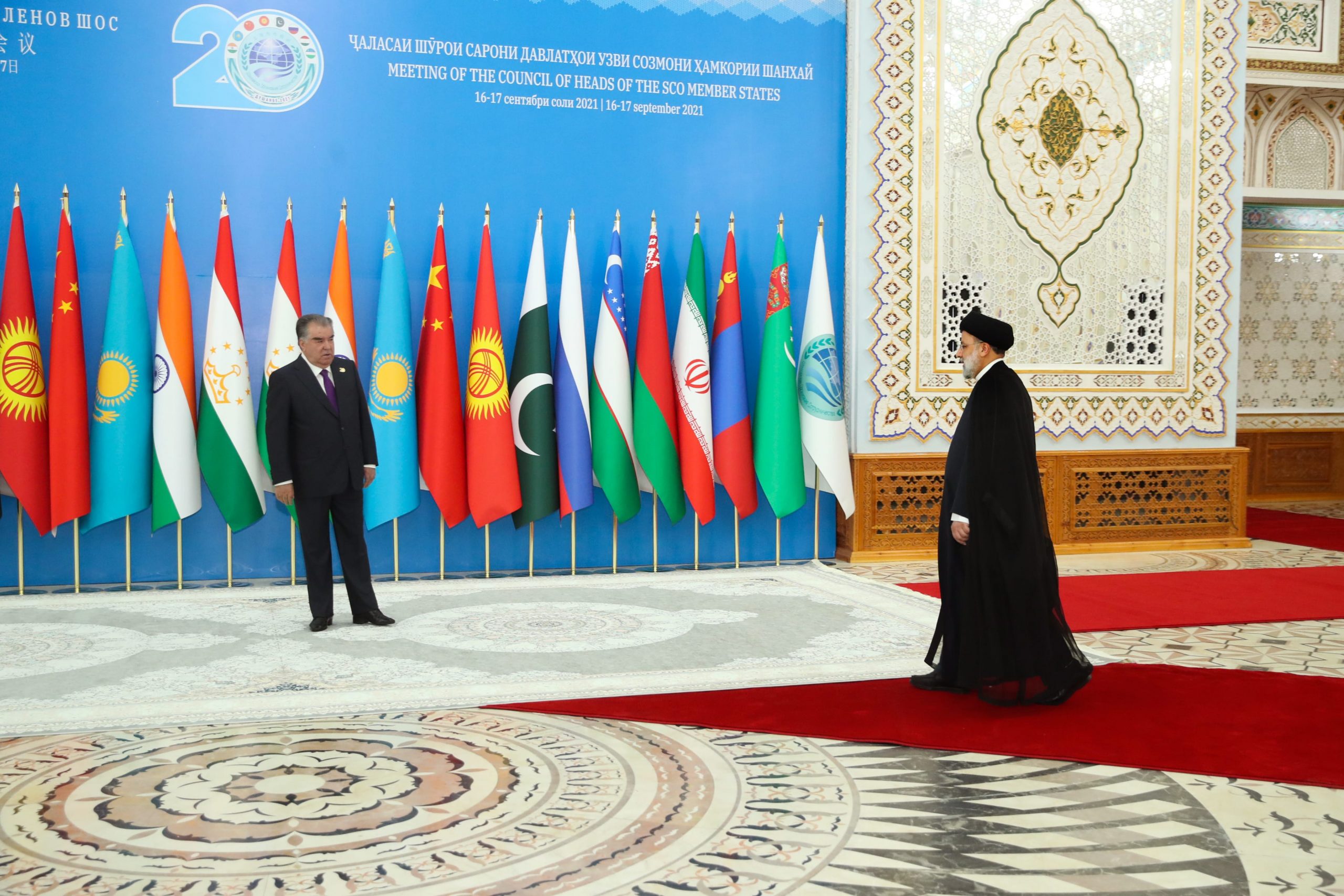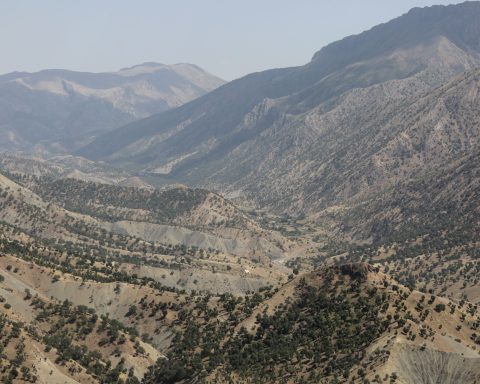After 15 years of effort, Iran became a permanent member of the Shanghai Cooperation Organization (SCO). In the last 15 years, UN sanctions against Iran and high tensions between Iran and the United States under Trump have prolonged the process of Iran’s membership in the SCO. Iran’s membership in the SCO will have multiple implications for the country’s international status and its foreign policy agenda.
Joining the SCO is a strategic success for the Raisi government. Developing, strengthening, and improving relations with Iran’s neighbors and Asian countries are key priorities of Raisi’s foreign policy. By joining the SCO, Iran’s relations with the Asian powers, Russia, the countries of Central Asia, and Pakistan will be institutionalized to a certain extent. The SCO will provide Tehran with an important opportunity to hold regular dialog with other members at various summits. Moreover, Iran’s membership in the organization has been interpreted as a desire by Asian powers to expand cooperation with Tehran. Permanent membership in the SCO marks the beginning of a new multilateralism in Iran’s foreign policy. The Raisi government has declared collective security, multilateralism, and economic diplomacy as its strategic priorities, but it has focused primarily on cooperation with Asian powers rather than the Europeans.
Tehran sees permanent membership in the SCO as leverage for a new round of nuclear talks. By joining the SCO, Tehran has closer ties with China and Russia, which are two key players in the nuclear talks, as well as in the International Atomic Energy Agency and the UN Security Council. From Tehran’s perspective, closer ties with these two powers can help the country in the difficult negotiations ahead.
Tehran hopes for the SCO’s crucial role in the future of peace and stability in Afghanistan. The fall of Kabul and Taliban supremacy came as a strategic surprise to Tehran. Although Iran sees the US withdrawal from Afghanistan as an opportunity to end the civil war and reduce the US threat against itself, Tehran is increasingly concerned about Afghanistan’s future.
Tehran hopes that a regional, non-Western and multilateral solution to Afghanistan’s stability and security can be found through the SCO. Iran has common strategic interests with India, Tajikistan, Russia, and China in the Afghan crisis. China and Russia are increasingly engaged in the Afghan crisis. The growing involvement of Tehran’s two strategic partners in the crisis could pave the way for the organization to play a greater role in Afghanistan’s future.
Tehran sees permanent membership in Shanghai as leverage to counter US sanctions and strengthen economic diplomacy in the neighborhood and with Asian powers. But the SCO has no mechanisms to counter US sanctions. Russia has been sanctioned by the US and the European Union in recent years, but the SCO has not taken effective action against Russian sanctions.
In 2020, Iran’s non-oil trade amounted to $73 billion, of which $28 billion was with 11 members of the SCO. Iran’s trade with the members of the organization was extremely unbalanced. While trade with China amounted to $18 billion, trade with Russia and the four countries of Central Asia amounted to $2 billion. Therefore, from the perspective of economic diplomacy, the most important achievement of permanent membership in the SCO is closer ties with China as Tehran’s first economic and technological partner. After signing the Comprehensive Strategic Partnership Agreement with China in March 2021, Iran has moved closer to Beijing by joining the SCO.
In the mid term, Iran hopes that the SCO will pave the way for the country to play a crucial role in the new Eurasian geo-economy. Iran sees itself as a bridge between the east and the west, as well as the north and the south of Eurasia. For Tehran, the realization of the International North-South Transit Corridor (INSTC) is a strategic priority. With the implementation of the INSTC, Iran will become a bridge between the two major economies of Russia and India in the north and south of Eurasia. Moreover, one of the corridors of the Belt and Road Initiative, the China-Central Asia-West Asia Corridor, passes through Iran. This corridor has not yet been implemented. Iran’s permanent membership in the SCO is likely to gradually pave the way for the implementation of the North-South and East-West Corridors.
Iran’s permanent membership means an extension of SCO’s borders to the Middle East. However, it is unlikely that the SCO will play a major role in addressing the Middle East crisis in the short term. In the two decades since the SCO was established, it has largely taken a passive stance on international crises. In the Russia-Georgia conflict and the Ukraine crisis, Russia failed to gain the support of the SCO. The SCO’s role in the Taiwan, South China Sea and Afghanistan crises have also been insignificant.
With its permanent membership in the SCO, Iran has taken another important step eastward, expanding its international freedom of action and institutionalizing its multilateral relations with China and Russia. But in the short term, Iran’s international status will not change fundamentally.














